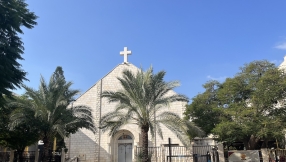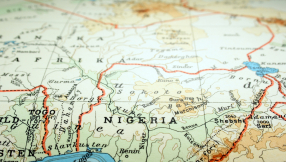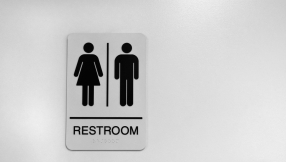
A disturbing and deceptive trend has come to light in Southeast Asia: human traffickers masquerading as Christian missionaries and pilgrims to transport victims across international borders.
According to recent findings from joint investigations by Philippine and Thai authorities, this religious ruse is being used to bypass airport scrutiny and smuggle vulnerable individuals, particularly women, into trafficking networks.
In one striking incident, three Filipino women - aged 23, 25, and 50 - were apprehended at an airport while attempting to travel to Singapore via Thailand. Presenting themselves as Catholic missionaries engaged in faith-based volunteer work, the trio's story unravelled under closer scrutiny.
Authorities revealed that the eldest woman, claiming to be a preacher, was actually orchestrating an illegal trafficking operation.
The younger women, misled by a supposed teaching opportunity, were in fact being trafficked for sexual exploitation.
This case forms part of a wider pattern uncovered by law enforcement across Southeast Asia, involving transnational syndicates operating between the Philippines, Thailand, Indonesia, Malaysia, and Cambodia.
These criminal networks frequently use seasoned travellers to escort victims, presenting the entire group as faith-based delegations to escape detection.
According to the Philippine Bureau of Immigration's end-of-2024 report, at least 998 individuals were identified as victims of trafficking in the past year alone.
The schemes often involve fraudulent pilgrimages, sham marriages, and surrogate arrangements. Increasingly, social media has become a tool for luring unsuspecting individuals with promises of lucrative employment or romantic relationships, only to funnel them into labour or sexual exploitation - especially in the notorious "scam cities" of Cambodia, Myanmar, and Thailand.
The Catholic foundation PREDA (People's Recovery, Empowerment, and Development Assistance), founded by Irish missionary Fr Shay Cullen in the Philippines, has been vocal in highlighting these abuses. The organisation documented cases where young women, enticed by fake job offers, were trafficked to Myanmar and subjected to abuse and forced labour in inhumane conditions.
Religious communities are actively responding. The Philippine Interfaith Movement Against Human Trafficking (PIMAHT), comprising Christian, Muslim, and Buddhist leaders, praised ongoing police efforts and reiterated their resolve to counter trafficking, particularly that involving children and sexual exploitation.
Catholic leaders have condemned the misuse of religious identity in these crimes. Fr Bryand Restituto, of the Catholic Bishops’ Conference of the Philippines, denounced the “manipulation of religious language and symbols” by traffickers, calling it “an egregious betrayal of faith and humanity”.
Meanwhile, in Thailand, the fight is being led by religious women such as Sister Marie Agnes Buasap of the Hospitaller Sisters of Saint Paul of Chartres. Reflecting on the mission purpose that drives her work, she believes, “Justice begins when truth is exposed and silence is broken.” She coordinates the Talitha Kum Thailand network, a Catholic initiative promoting education and prevention through outreach to youth, schools, and families. The network also plays a crucial role in supporting survivors through reintegration and recovery.
In schools, churches, and advocacy groups, momentum is building to integrate anti-trafficking education and expose the deceptive tactics traffickers now employ.
What’s clear from these reports is that traffickers will stop at nothing - even exploiting the trust associated with religious identity - to further their crimes.
With increased media exposure, interfaith unity, and grassroots education, there is growing hope that these dark networks can be dismantled and justice delivered to the innocent victims of trafficking.













